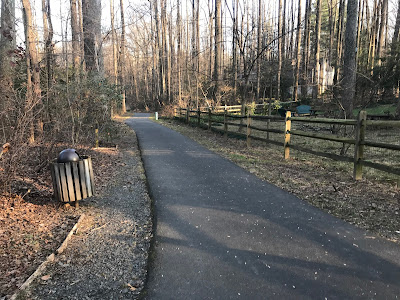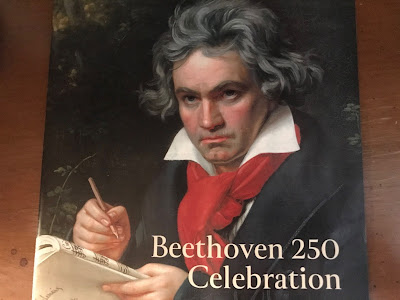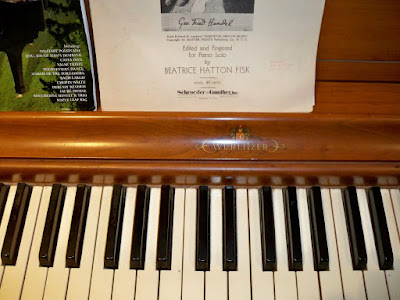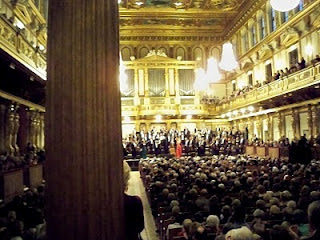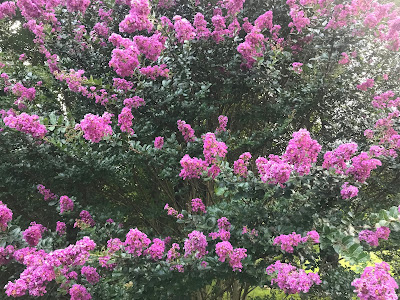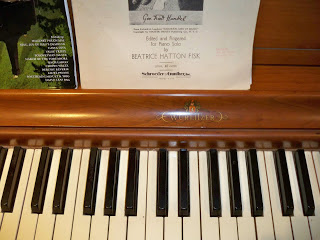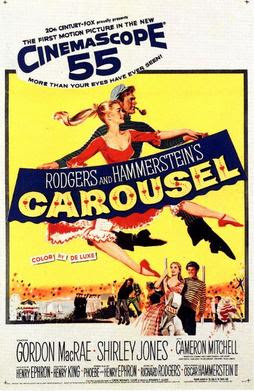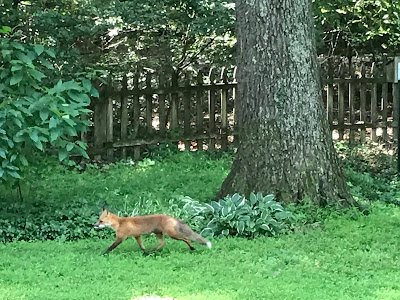The Walking Listener
For the last year I’ve been ambling not always silently and not always with music in my ears but sometimes with words in there too. Thanks to the gift of Audible, I’ve walked to novels and meditations and nonfiction explications of our current economic woes.
One day a neighbor stopped me on the street. I took out my ear buds to hear what she was saying. “You must be listening to a book,” she said.
I wondered how she could tell. Did I have a furrowed brow of concentration?
She could tell because she does, too. There must be some sort of aura we walking listeners give off that only other walking listeners can see.
We chatted for a moment before going on our separate ways, at which point I put my ear buds back in and discovered that since I’d forgotten to push pause, the narrator was now several “pages” ahead of where I’d stopped. Just a small problem for the walking listener.
